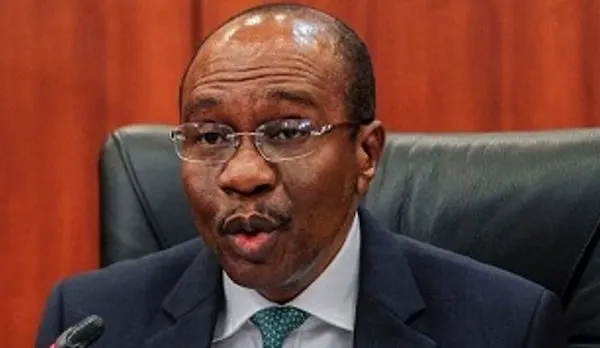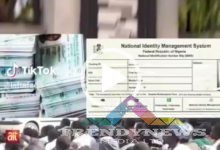CBN Gov, other MPC members propose FX, domiciliary account reforms
by ebor cletus ralph jr

The Central Bank of Nigeria (CBN) has been urged by members of the Monetary Policy Committee (MPC) to undertake a radical reform of the foreign exchange market, particularly the management of Foreign Currency Domiciliary Accounts (FCDA) by Individuals.
This decision was taken by MPC members during the most recent meeting of the monetary policy committee in November 2022, and it was posted on the CBN website within a week.
Obadan Mike Idiahi, one of the members, stated that exporting businesses that retain FCDAs must be effectively supervised because these accounts have a history of being excessively mismanaged recently to the detriment of exchange rate stability.
“In addition to the monetary measures and development finance interventions being implemented, the CBN would need to seriously consider bold reforms of the foreign exchange market, in particular, the operation of Foreign Currency Domiciliary Accounts (FCDA) by individuals.
In his personal statement, Festus Adenikinju, member of the MPC said, there is a need to address the pressures on the naira exchange rate by boosting supply of foreign exchange in the economy.
“I am also of the opinion that the FX sold by the bank at the Investors and Exporters (I&E) windows should be for productive activities alone. The bank should review its policy of those who qualify to benefit from FX sold in the official market,” he said.
According to him, in the external sector, the naira depreciated against the dollars from N440.85 to a dollar in October 2022, to N445.26 to a dollar on November 11, 2022. The trade balance recorded a surplus in October 2022. He noted that Foreign Direct Investment (FDI) inflow and remittances rose, while net Foreign Portfolio Investment (FPI) declined.
Shonubi Folashodun, CBN’s deputy governor, operation, the external sector has not fared better either, as low oil production, dwindling foreign exchange revenue, high import prices (bills), drying capital and muted remittance flows have become major drags on external reserve accumulation, precipitating exchange rate pressure.
“On exchange rate, we must continue to juggle our options around demand management and supply enhancement policy mix, without forgetting that improving supply is the ultimate solution. Leveraging a model driven approach to price discovery and keeping an eye on subtle threats of dollarisation will be a good start to embracing the bold adjustment type of approach required at this time to effectively address the fundamental issues. This of course is not without regard for the macroeconomic implications but with a focus on the direction that ensures expected benefits surpasses the costs,” Shonubi said.
Godwin Emefiele, governor of the CBN, said in his personal statement that “in order to insulate our economy from adverse external developments, it remains imperative to fortify our economic base by de-risking the productive sector and diversifying completely.
This, he said, was especially as frozen oil receipt impedes the FX market, shrinking external reserves from $37.39 billion in September to $36.87 billion in October, and abetting exchange rate pressures.
In her personal statement, Aisha Ahmad, deputy governor in charge of financial system stability, said the ongoing exchange rate demand management policies of the bank and other initiatives to improve foreign exchange supply such as the RT 200 policy, are useful in moderating pressure in the FX market, in view of the pass through to domestic prices.



